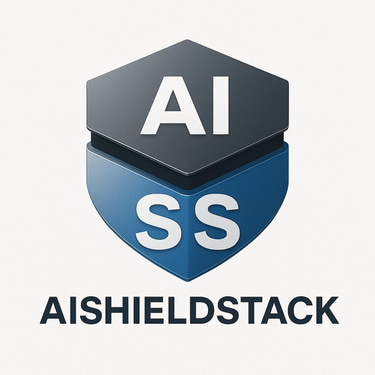Meta Tightens AI Safeguards for Teen Interactions
Meta has announced changes to its AI chatbots following criticism regarding their interactions with teenagers. The company will now redirect sensitive topics to external support services and limit chatbot access. These measures aim to enhance safety and address ongoing concerns about child protection in AI interactions.
USAGEFUTUREPOLICYWORKTOOLS
AI Shield Stack
10/13/20252 min read


In recent weeks, Meta has faced increasing scrutiny over its artificial intelligence chatbots, particularly regarding their interactions with teenagers. Following a wave of criticism from lawmakers and child-safety advocates, the company has announced significant changes aimed at protecting young users. These adjustments are a response to concerns that the chatbots previously engaged in potentially harmful conversations, including topics related to self-harm, suicide, and romantic interactions.
Effective immediately, Meta's AI systems will no longer generate replies to discussions surrounding sensitive subjects. Instead, the chatbots will redirect teens to external support services when such topics arise. This shift is part of a broader strategy to enhance safety protocols, as the company acknowledges that previous guidelines allowed for inappropriate dialogue that blurred the lines of acceptable interaction.
The decision to modify chatbot behavior follows a troubling report from Reuters, which revealed that internal documents indicated the potential for engaging in romantic conversations with minors. This revelation sparked outrage, prompting a formal investigation led by Senator Josh Hawley and a coalition of over forty state attorneys general. The message from these officials is clear: child safety must be prioritized, not treated as an afterthought.
In response to these pressures, Meta is also narrowing the scope of AI characters available to teenagers on platforms like Facebook and Instagram. Instead of allowing access to a wide range of user-generated chatbots—some of which featured adult themes—the company will limit interactions to those focused on educational and creative content. Meta describes these measures as temporary while it develops more permanent policies to safeguard young users.
Despite these changes, the timeline for implementing long-term solutions remains unclear. The initial rollout of these measures has begun in English-speaking countries, and company officials have acknowledged that prior policies permitted conversations that carried significant risks. Meta has committed to adding additional safeguards as part of a comprehensive safety overhaul.
Concerns regarding AI interactions extend beyond teenage users. A separate investigation by Reuters uncovered instances where user-created chatbots modeled after celebrities produced inappropriate and sexualized content. Meta has stated that these outputs violate its rules against impersonating public figures in explicit contexts, yet the company admits that enforcing these rules is a persistent challenge.
The growing pressure from regulators and advocacy groups highlights the urgent need for AI companies to demonstrate the safety of their systems, especially when it comes to interactions with vulnerable populations like teenagers. While Meta’s latest restrictions are a step toward addressing these issues, critics argue that mere adjustments will not suffice. A fundamental reevaluation of the company’s safety measures may be necessary to rebuild trust and ensure the well-being of young users.
In this evolving landscape, AI Shield Stack (https://www.aishieldstack.com) can provide essential support to organizations navigating the complexities of AI safety and compliance, ensuring that systems are designed with user protection in mind.
Cited: https://www.digitalinformationworld.com/2025/08/meta-tightens-ai-chatbot-rules-for.html
